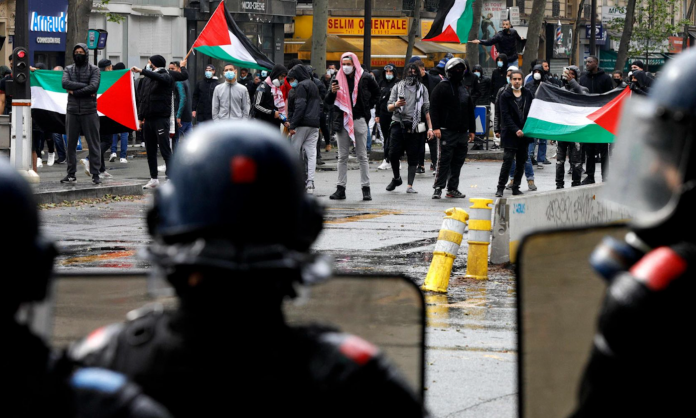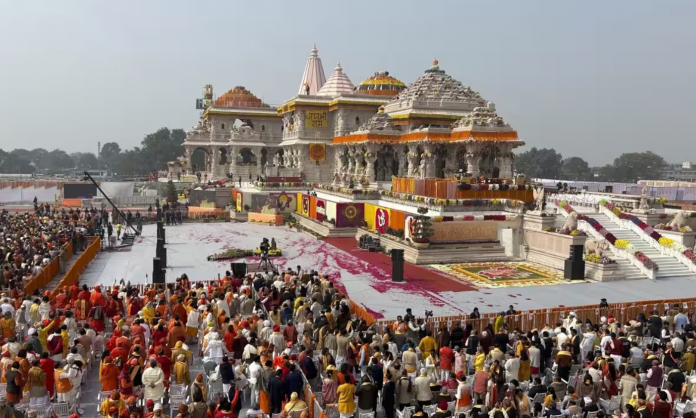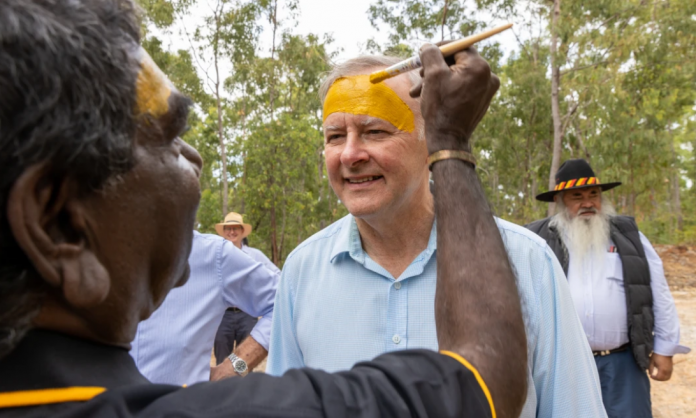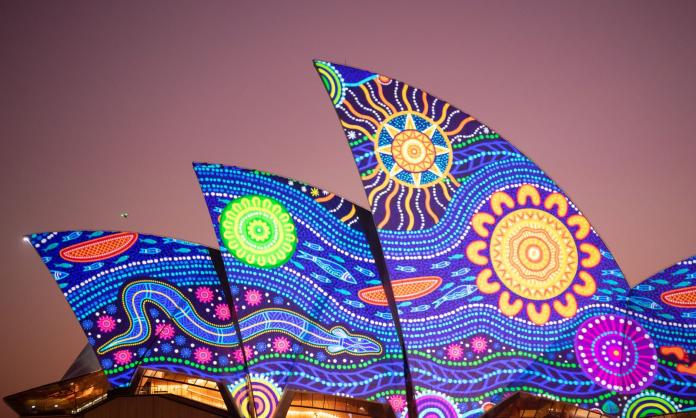A few things are certain in the immediate future of Palestine. Israel’s attacks on Gaza, which have already killed and displaced thousands, are sure to intensify. Most of the press and politicians in the West will take a pro-Israel position. Nonetheless, the torment of the Palestinians will inspire outrage and solidarity. Western governments know this, so they’re cracking down on free speech in support of Palestine.
France has led the way. On 12 October, Gérard Darmanin, the country’s interior minister and self-declared premier flic, “first cop”, ordered a national ban on all pro-Palestine demonstrations. “Organising these forbidden protests should result in arrests”, he instructed the country’s préfets. That very day, police used tear gas to disperse banned pro-Palestine protests at the Jean-Jaurès metro station in Toulouse and at the Place de la Republique in Paris.
Other European countries are racing to keep pace. A similar ban has been applied in Berlin. None of these bans is based on any evidence that any crime or violence was to unfold at the demonstrations: they are all justified on the vague and hypothetical grounds that they might contribute to some kind of bad atmosphere that might have some kind of negative result.
The bans aren’t targeting violence, racism or intimidation. They’re targeting political opposition. And that doesn’t mean only support for Hamas. Any acknowledgment that the Palestinians are oppressed can be targeted. Berlin’s schools have banned practically any expression of political support for Palestine—including maps indicating the extent of Israeli ethnic cleansing, the slogan “Free Palestine” and the traditional Palestinian keffiyeh scarf.
Vienna banned a pro-Palestine demonstration specifically because its publicity made reference to the well-known slogan, “From the river to the sea, Palestine will be free”—a simple assertion that all of Palestine must be liberated, rather than the country being partitioned into tiny reservations. The head of the Viennese police said that this slogan was a “clear call to violence”.
At the time of writing, it’s hard to keep track of the unfolding bans and restrictions. Demonstrations, organisations, slogans, stickers and clothing: any public recognition that Palestinians are oppressed, and that their freedom is desirable, might be targeted. By the time that this article is published, more bans are certain to have been imposed. Even the display of the Palestinian flag might not be “legitimate” and could be cause for police intervention, according to the British government. In this, the British lag behind the great “democratic” state of Israel, which banned displays of the Palestinian flag in January.
Meanwhile, the political establishment is filling the airwaves with real calls to violence. Israel has “the duty to respond with overwhelming force”, in the words of an open letter by nineteen US governors, summing up the position of the right wing of US politics. “America should leverage its influence in the international community to ensure that Israel has the latitude to do what it must.”
Zionists often accuse pro-Palestinian activists of using “codes” and “tropes” to conceal their real, violent intentions. But the most respectable figures in Western politics are now making only token efforts to conceal their enthusiastic endorsement of monstrous Israeli violence.
No banned pro-Palestine protest has referred to anyone’s “duty to respond with overwhelming force” to Israeli genocide, but calls for a ramping up of Israeli state terror are now being broadcast every day, and are backed with the supply of military hardware.
Since the 2000s, global public opinion has been shifting in favour of the cause of Palestinian liberation, even in the United States, where pro-Israel institutions are deeply entrenched in journalism and political life. Israel’s governments have become more open about their goals and methods, and the oppression of Palestinians has become too extreme to ignore easily.
The Zionist political establishment has counterattacked with campaigns to conflate anti-Zionism with anti-Jewish racism, to equate Palestinian liberation with a second Holocaust and to redefine any political opposition to Israel as a kind of soft terrorism.
Now that an all-out war on a hitherto unseen scale is likely, the repression is likely to intensify. Western Zionists may claim that their repression is aimed at suppressing terrorism and racism, but the reality is the opposite. They support, justify and equip the terrorism of the racist Israeli state. And they also try to repress all peaceful, anti-racist solidarity with Palestinians.
Israel and its international allies would like nothing more than for the destiny of the Palestinians to be repainted as a military campaign pitting the tanks of the IDF against a movie-villain band of anti-Jewish terrorists. The bans and slanders are aimed at concealing the reality: global support for Palestinians is based on the anti-racist principles of solidarity and national liberation.
Supporters of Palestine, faced with threatened or real bans on their political activity, have to make that clear by continuing to protest and to argue the just cause of the Palestinians as they face the terrifying onslaught of the Israeli military.










